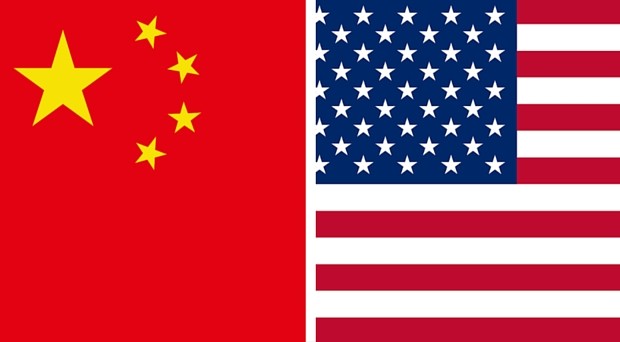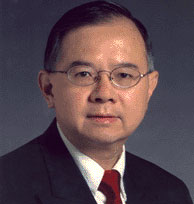

Dr. Chan is the Director of The Center for Biomarker Discovery and Translation and Professor of Pathology, Oncology, Radiology and Urology at the Johns Hopkins University.
He is also the Director of Clinical Chemistry Division and the Co-Director of Pathology Core Laboratory at the Johns Hopkins Hospital, Baltimore, Maryland, USA.
He is an internationally recognized expert in cancer biomarkers, clinical proteomics and molecular diagnostics. During the last 20 years, Dr. Chan has trained over 20 clinical chemistry fellows at Johns Hopkins.Many of these scientists have become leaders in Clinical Chemistry.
What influence has the proteomics field had in furthering our understanding of cancer biology and potential treatments?
Clinical and translational proteomics is still in the developmental phase. Early studies have provided complimentary information with genomics and transcriptomics toward our greater understanding of cancer biology.
Examples are the findings from the National Cancer Institute Clinical Proteomic Tumor Analysis Consortium (NCI CPTAC) program. Proteomics biomarkers have the potential to act as companion diagnostics for targeted or immunotherapy thus resulting in more effective treatment of cancer patients.
You have recently returned from a visit to China. Do you collaborate with institutes over there?
This collaboration with the Chinese Academy of Sciences has provided a unique opportunity for cancer research.
I have been collaborating with the Chinese Academy of Sciences in the area of discovery and translational proteomics. China has a very large patient population, as well as some other types of cancers which are different from the US.
For example, hepatocellular carcinoma and gastric cancer. This collaboration with the Chinese Academy of Sciences has provided a unique opportunity for cancer research.
While in China you attended SAPA-SDDA-SIMM Conference (Sino-American Pharmaceutical Professionals Associations, Sino Drug Discovery Association, Shanghai Institute of Materia Medica). Are there differences in the focus of cancer research between the US and China?
I was the keynote speaker at the SAPA-SDDA-SIMM symposium in Shanghai and Beijing. The focus was on pharmaceutical research and development. There was a strong interest in biomarker discovery, validation and translation.
Most major pharmaceutical companies have established research and development centers in China, especially, the Shanghai area. I believe the future of drug development will come from China.
How does funding for cancer research in China compare with US spending in this field?
China is catching up with US for funding cancer rand proteomics research. I believe that in the near future, the amount of funding from government and private sources will exceed US.
What do you think are the major benefits of closer ties between researchers in China and the US?
As I indicated, China is growing rapidly in the funding and the scope of research and development in science, diagnostic and pharmaceutical industries. In addition, the potential size of population for research is very large.
Collaboration and closer ties between Chinese and US scientific and medical communities will be beneficial for both countries. I believe this will be a win-win situation.
Kalpana Ramakrishnan
Prior to joining BioMed Central, I completed a PhD in Cell and Molecular Biology at the University of Illinois at Chicago.
Latest posts by Kalpana Ramakrishnan (see all)
- Quiz: Find out how much you know about cancer research - 9th October 2015
- Cancer research in the East and West: an Editor Q+A - 8th October 2015
- The team science approach to fight cancer - 8th October 2015
Comments